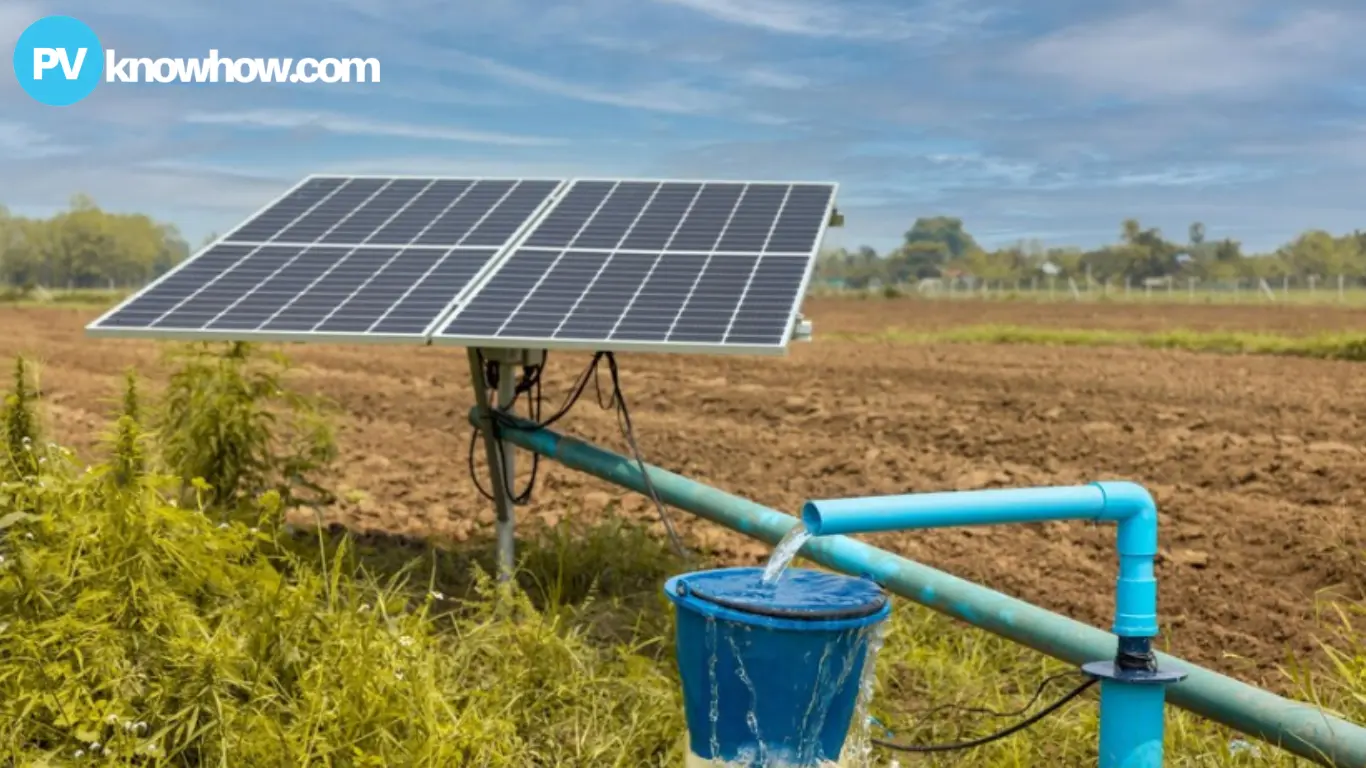Huatapampa, a Bolivian community once plagued by water scarcity and out-migration, has successfully reversed these trends through the adoption of solar energy. With support from Practical Action and Green Empowerment, the community has implemented a solar-powered irrigation system that has boosted agricultural production and economic opportunities leading to a revitalized community and a return of its young people.
Revitalizing Huatapampa with Solar Energy
Recognizing this critical issue, the community, with support from Practical Action, Green Empowerment, and Christadelphian Meal a Day, took action. Embracing the benefits of solar energy has reduced expenses, enabling funds to be redirected to other needs. As a result, new agricultural opportunities are emerging in Huatapampa, reversing crop losses, soil degradation, and the subsequent lower incomes and high migration rates.
"The lack of livelihoods and food forced our people, especially the young, to move to the city. Huatapampa used to have around 120 families, but now only 30 families remain," said Liduvina Pucho Ulo, president of Sumaj Qamaña, a farming cooperative in the Tito Yupanqui municipality.
By utilizing renewable energy, food security has increased, production has diversified, and incomes have improved, leading to people returning to Huatapampa for new opportunities. The community now operates a solar-powered irrigation system, extending the productive cycle from June to December and boosting production per square meter during this period.
Starting with the Sumaj Qamaña association, which includes 12 families, the system is now expanding. It currently serves 80% of Huatapampa’s population, improving local food security and benefiting nearby communities and local markets.
Tackling Water Scarcity in Huarina
Huarina, a scenic municipality and popular tourist destination known for its stunning landscapes, faces similar water issues despite its proximity to the large lake. The town depends on rainwater harvesting and small springs from nearby hills, but climate change and drought have severely affected these sources. This has resulted in migration, diminished food security, and increased hardships for vulnerable populations, exacerbating inequality and poverty.
“Our ancestors once described these springs as large and essential for the population. However, due to climate change and pollution, this vital resource is diminishing,” explains Wilson Mamani, Mayor of Huarina municipality.
Practical Action, working closely with the Autonomous Municipal Government of Huarina, is implementing a plan to ensure food security and improve local livelihoods by installing a solar-powered irrigation system, to enhance the community’s quality of life.
Scaling Up Solar-Powered Irrigation Systems
Encouraged by the successes in Huatapampa and Huarina, and through advocacy efforts, other municipalities in the Katari Basin—such as Tito Yupanqui, Calamarca, San Andrés de Machaca, and Pucarani—are adopting similar solar-powered irrigation systems. These initiatives aim to support 280 households by providing access to safe water and promoting strategies for climate change adaptation and mitigation.
The Solar Empowerment for Smallholder Farmers in Bolivia project, funded by the EKOenergy ecolabel and Kilburn + Strode and implemented by Practical Action, connects these municipalities. The project aims to enhance solar-powered irrigation systems, boost farmers' skills in sustainable agriculture, and conserve natural resources for future generations.
Empowering Bolivian Farmers with Climate Solutions
Practical Action is equipping Bolivian farmers with climate-resilient water solutions by partnering with local authorities and promoting innovative, sustainable strategies. This collaboration enhances food security, advances sustainable development, and increases awareness of the climate crisis and how local communities can adapt and contribute to mitigation efforts. These initiatives aim to bring about significant and lasting improvements for small farmers in Bolivia.

Bolivian farmers with climate-resilient water solutions by partnering with local authorities and promoting innovative, sustainable strategies.
The transition to solar energy in Bolivia's rural communities, exemplified by Huatapampa and Huarina, highlights the transformative power of sustainable solutions in addressing water scarcity and revitalizing agricultural practices. By adopting solar-powered irrigation systems, these communities have not only improved food security and diversified production but also reversed migration trends and boosted local economies.
The ongoing efforts to expand these initiatives demonstrate a scalable and impactful approach to climate resilience, empowering smallholder farmers and ensuring a sustainable future for generations to come.
